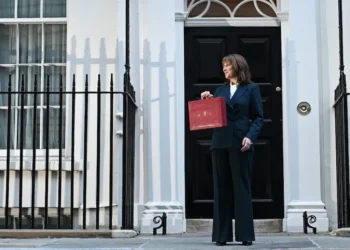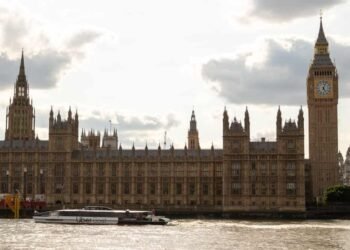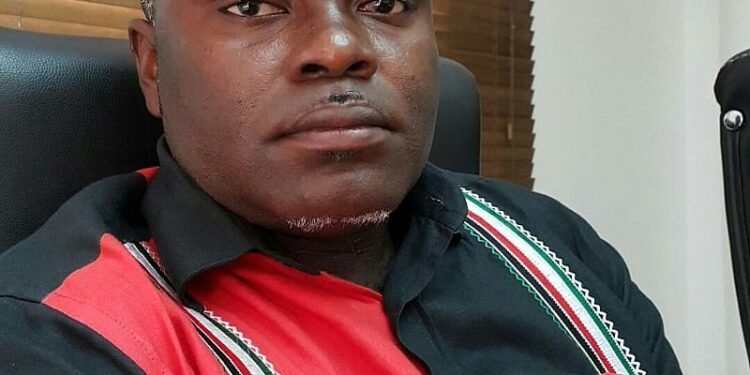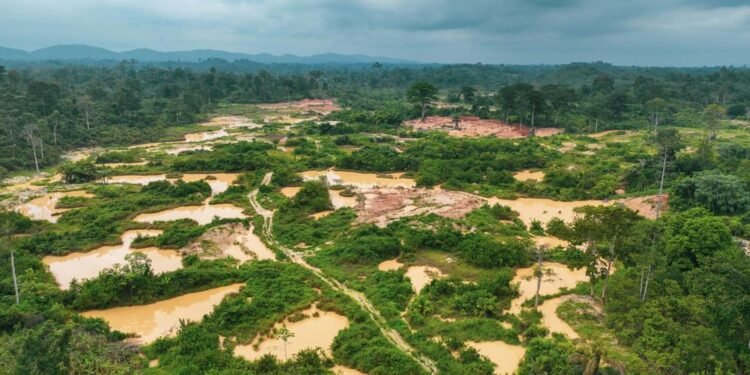UK Prime Minister Keir Starmer has suggested he might adopt a controversial approach to processing asylum seekers, potentially following Italy’s example of sending individuals to Albania.
This revelation comes as he prepares for a high-stakes meeting with Italian Prime Minister Giorgia Meloni. The Italian deal, which involves the creation of camps in Albania to handle asylum claims, has drawn widespread criticism from human rights organizations and other international observers.
As Starmer embarks on diplomatic talks, this represents a significant shift in his stance. After taking office in July, Starmer swiftly canceled the UK’s deal with Rwanda—a policy introduced by the previous Conservative government, which had cost British taxpayers £700 million.
However, with record numbers of asylum seekers attempting to cross the Channel, the Prime Minister seems willing to explore alternatives within Europe, including arrangements similar to those pursued by Italy.
UK Looks to Italy’s Albania Plan
The Italy-Albania deal, which Meloni’s government put into action, aims to drastically reduce the number of migrants arriving from North Africa. The controversial plan involves setting up camps in Albania to accommodate up to 3,000 asylum seekers, and it has already shown signs of success in curbing Mediterranean crossings.
Starmer expressed interest in observing the success of the Italian arrangement. “Let’s see. It’s early days,” he remarked. “I’m interested in how that works, I think everybody else is. It’s very, very early days.”
While Italy’s approach is gaining traction, it hasn’t been without fierce opposition. Human Rights Watch has voiced its disapproval of the arrangement, pointing to potential human rights abuses.
Judith Sunderland, the group’s associate director for Europe, has been particularly vocal, criticizing Italy for offshoring its responsibilities to Albania. She argues that this policy violates international law concerning rescue at sea and could lead to arbitrary detentions.
Albania, which will host these camps, also come under scrutiny. Amnesty International has raised concerns over the country’s track record on human rights, highlighting issues such as the killing of journalists, lack of fair trials, and violence against women.
These human rights concerns complicate the narrative surrounding Italy’s agreement with Albania, with organizations like Amnesty and Human Rights Watch pushing back against the potential normalization of such policies.
As Starmer continues his diplomatic efforts, these ethical challenges remain a point of contention. Nevertheless, the Prime Minister is adamant about addressing the ongoing migrant crisis and finding a solution to the increasing numbers of asylum seekers crossing the Channel.
High-Level Talks with European Leaders
Starmer’s interest in Italy’s asylum model mirrors discussions he has already held with other European leaders, such as German Chancellor Olaf Scholz and French President Emmanuel Macron.
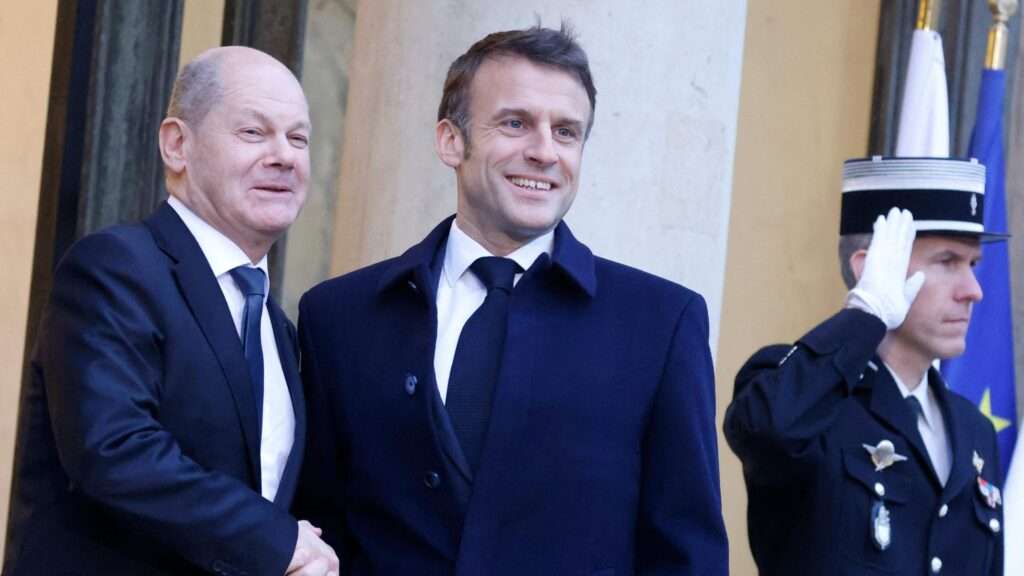
In a recent conversation with Scholz, the Prime Minister voiced concerns about the engines used by migrant boats, many of which pass through Germany before ending up in the hands of traffickers.
“We need to seize more of these engines before they’re used,” Starmer urged. His discussions with Macron, meanwhile, focused primarily on the northern coast of France, where many asylum seekers launch their journeys toward the UK.
“She [Meloni] and I have already discussed how we can improve joint operations,” he added, signaling a future collaboration with the Italian leader on managing irregular migration.
Italy’s Albania plan may not be fully embraced by all, but it’s clear that Starmer is leaving no stone unturned as he grapples with the complex issue of asylum and immigration in the UK.
His forthcoming meeting with Meloni could mark a turning point in the government’s approach to the crisis, one that may involve controversial offshoring strategies previously unseen in British policy.
READ ALSO: NDC Declares Loss of Trust in Electoral Commission




